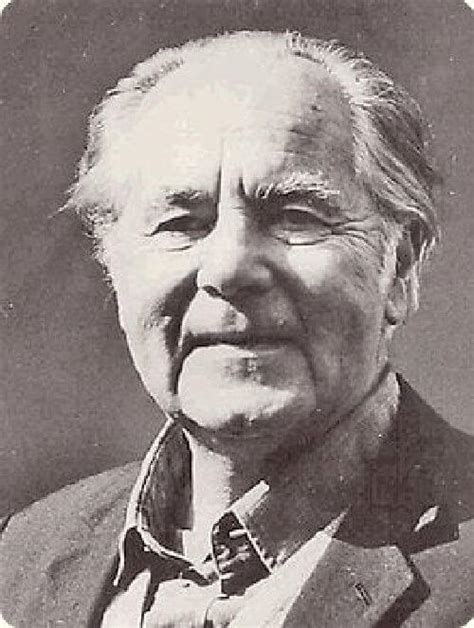A Quote by Maimonides
Know that the difficulties which lead to confusion in the question what is the purpose of the Universe or of any of its parts, arise from two causes: first, man has an erroneous idea of himself, and believes that the whole world exists only for his sake; secondly, he is ignorant both about the nature of the sublunary world, and about the Creator's intention to give existence to all beings whose existence is possible, because existence is undoubtedly good.
Related Quotes
The physical organism itself then, even as you know it, exists and moves and reacts and influences, and is influenced by, many fields or planes of actuality; and its existence as you know it in your universe is determined by and dependent upon its existence within other fields, of which man is still intellectually ignorant.
If God were to exist for the entire humanity, he would be profoundly vile, as he allows the existence of unfathomable sin, stupidity, madness, and misery for no reason than his own despicable enjoyment. God exists though, not for all humanity, but for a one chosen man - a philosopher - who is bound to answer the greatest philosophical question, the question about the nature of the questioner's existence, which progressively quenches the divine vanity.
Since nothing can exist that does not fulfil the conditions which render its existence possible, the different parts each being must be co-ordinated in such a way as to render possible the existence of the being as a whole, not only in itself, but also in its relations with other beings, and the analysis of these conditions often leads to general laws which are as certain as those which are derived from calculation or from experiment.
Sören Kierkegaard has another answer: human existence is possible as existence not in despair, as existence not in tragedy; it is possible as existence in faith... Faith is the belief that in God the impossible is possible, that in Him time and eternity are one, that both life and death are meaningful.
Each thing that exists remains forever, and that very existence of existence is proof of its eternity. But without that realization, which is the knowledge of perfect being, man would never know whether there was existence or non-existence. If eternal existence is altered, then it must become more beautiful; and if it disappears, it must return with more sublime image; and if it sleeps, it must dream of a better awakening, for it is ever greater upon its rebirth.
An ignorant man believes that the whole universe only exists for him: as if nothing else required any consideration. If, therefore, anything happens to him contrary to his expectation, he at once concludes that the whole universe is evil. If, however, he would take into consideration the whole universe, form an idea of it, and comprehend what a small portion he is of the Universe, he will find the truth. There are many ... passages in the books of the prophets expressing the same idea.
The good, say the mystics of spirit, is God, a being whose only definition is that he is beyond man's power to conceive — a definition that invalidates man's consciousness and nullifies his concepts of existence. The good, say the mystics of muscle, is Society — a thing which they define as an organism that possesses no physical form, a super-being embodied in no one in particular and everyone in general except yourself.... The purpose of man's life, say both, is to become an abject zombie who serves a purpose he does not know, for reasons he is not to question.
The question of why evil exists is not a theological question, for it assumes that it is possible to go behind the existence forced upon us as sinners. If we could answer it then we would not be sinners. We could make something else responsible...The theological question does not arise about the origin of evil but about the real overcoming of evil on the Cross; it ask for the forgiveness of guilt, for the reconciliation of the fallen world
The individual is defined only by his relationship to the world and to other individuals; he exists only by transcending himself, and his freedom can be achieved only through the freedom of others. He justifies his existence by a movement which, like freedom, springs from his heart but which leads outside of himself.
Nature is the system of laws established by the Creator for the existence of things and for the succession of creatures. Nature is not a thing, because this thing would be everything. Nature is not a creature, because this creature would be God. But one can consider it as an immense vital power, which encompasses all, which animates all, and which, subordinated to the power of the first Being, has begun to act only by his order, and still acts only by his concourse or consent ... Time, space and matter are its means, the universe its object, motion and life its goal.
We declare that only man exists. This is not to say that material, inorganic nature and nonhuman beings-animals and plants-are in any sense unreal, insubstantial, or illusory because they do not so exist. We merely state that the reality of these nonhuman realms differs from that of human existence, whose primary characteristic is Da-sein (literally being-the-there)... Man as man is present... in a manner wholly different from... inanimate things.







































